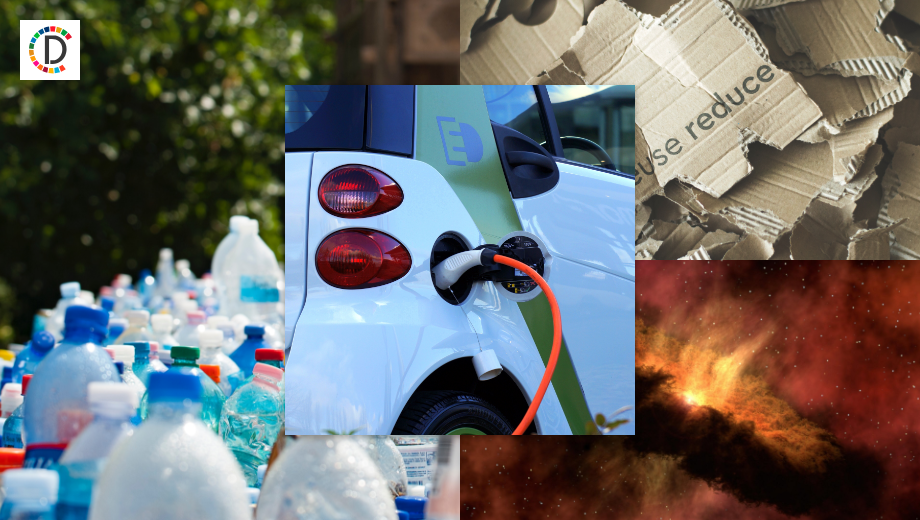Russia's war spurs renewables, not coal in long run, UK climate envoy says
War in Ukraine will in the longer term accelerate Europe's shift to renewable energy from fossil fuel, Britain's climate envoy said on Thursday, even as it prompts nations to burn more coal over the coming months to offset reduced Russian gas supplies. UK Climate Envoy John Murton was addressing journalists in South Africa, alongside delegates from the United States and European Union countries France and Germany.

War in Ukraine will in the longer term accelerate Europe's shift to renewable energy from fossil fuel, Britain's climate envoy said on Thursday, even as it prompts nations to burn more coal over the coming months to offset reduced Russian gas supplies.
UK Climate Envoy John Murton was addressing journalists in South Africa, alongside delegates from the United States and European Union countries France and Germany. They are visiting South Africa to discuss the details of a $8.5 billion package to help it fund a transition from coal.
South Africa gets 80% of power from coal and has committed to swapping it for cleaner energy, but for that it needs billions of dollars. No new agreement or details emerged from the visit, although the head of South Africa's presidential climate finance task team, Daniel Mminele, said the country planned to have an investment plan in place by October.
There are political hurdles to abandoning coal, an industry with close links to high-ranking ruling party politicians and in which tens of thousands of jobs at stake. Some accuse the West of hypocrisy in telling Africans to stopping using coal while firing up its own coal burners after interruptions to gas supplies from Russia, the world's biggest gas exporter.
"It's true that, as a result of pressures arising from Russia's illegal invasion of Ukraine, some of us anticipate using a little more coal over the next few months than we previously planned," Murton said. "(But) there is not a dash back to coal in UK or in Europe."
Britain, which in the last 12 months only used coal for 1.7% of its power supply, he said, was still on track to phase it out for electricity generation entirely by October 2024. If anything, the disruption linked to Russia's invasion of Ukraine, which Moscow calls a "special military operation", has made the transition to renewable energy more urgent, Murton said.
Britain conducted a review of its energy security, which concluded it needed to accelerate the uptake of renewables to guarantee energy security, Murton said. As a result, Britain raised its target for offshore wind to 50 gigawatts, from 40 gigawatts previously.
(Additional reporting by Wendell Roelf in Cape Town; editing by Barbara Lewis)
(This story has not been edited by Devdiscourse staff and is auto-generated from a syndicated feed.)










